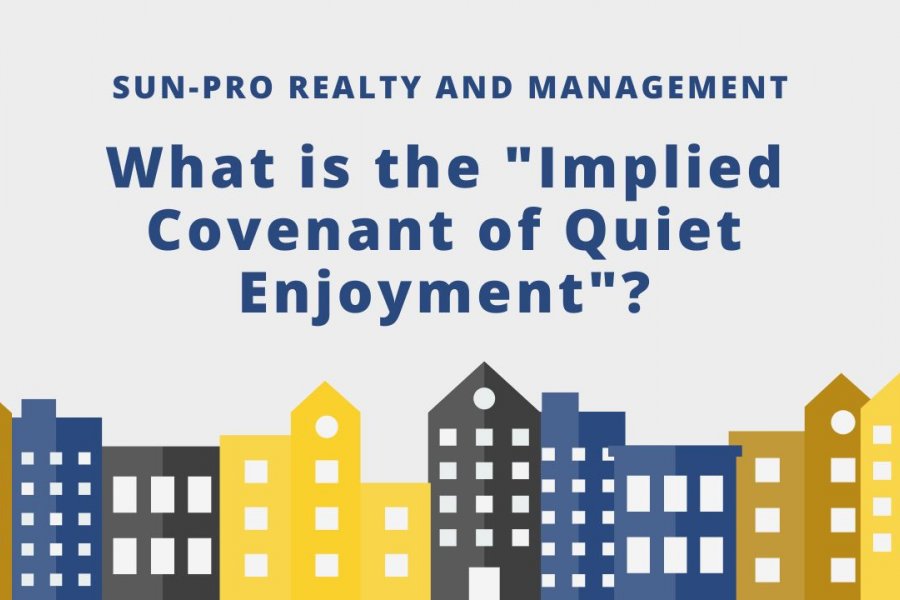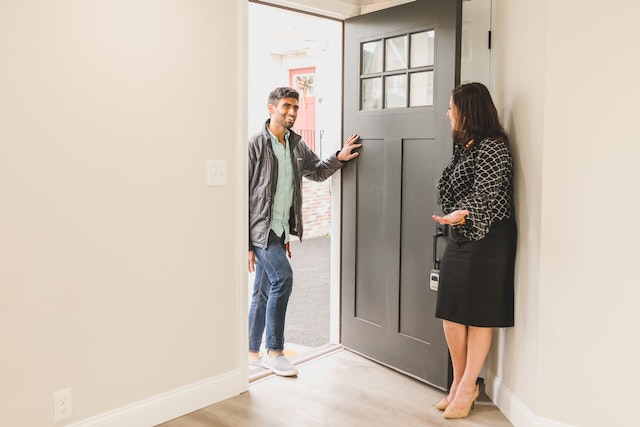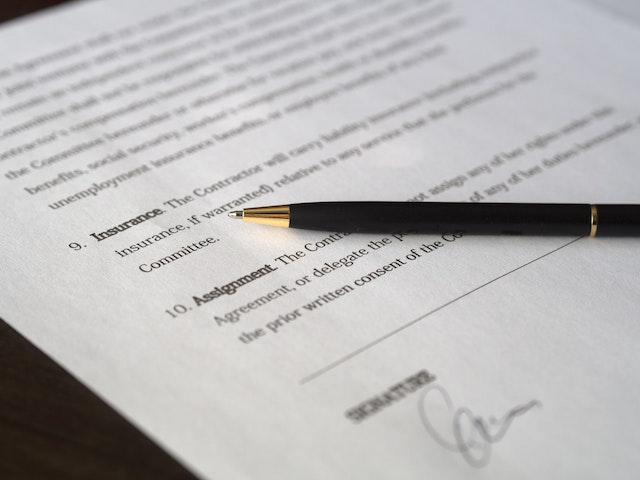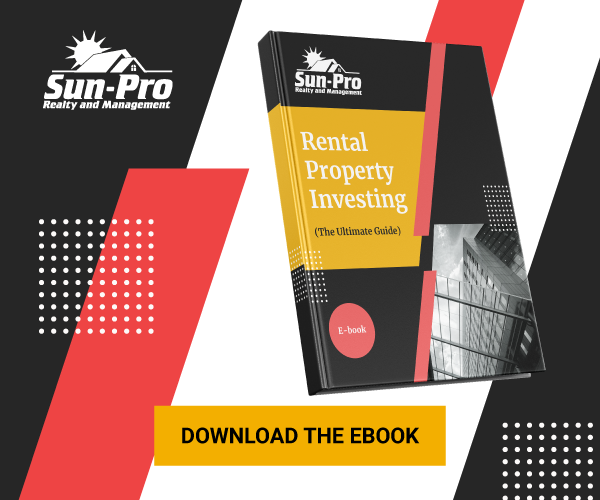
Renters enjoy certain rights and one of them is being granted the right to live in peace and quiet throughout the tenancy. Even without a lease, the “implied covenant of quiet enjoyment” should be enforced under state and local laws.
As a landlord, you must provide an environment where disturbances and noises are kept to a minimum as much as possible. Otherwise, you can face certain risks, such as a tenant withholding the rent payment. This can be allowed by certain states if the right to quiet enjoyment has been violated.
The tenant can also end the tenancy early without repercussions and leave the rental space if the landlord has broken the leasing agreement or does not fulfill their landlord duties. There’s a chance that a tenant could file a lawsuit against you in a small claims court for failing to maintain the covenant of quiet enjoyment.
To avoid the above scenarios, it’s vital to look into what the “implied covenant of quiet enjoyment” covers.
What’s an “Implied Covenant”?
An implied covenant means it’s not necessary to be included in the lease but it’s understood to be in place. Thus, landlords can’t pressure the renters to waive this right at all.

How Is “Quiet Enjoyment” Defined?
Typically, each renter is provided two basic rights under the lease or rental agreement. They have the right to reside in a safe and habitable rental space and to enjoy peace and quiet while staying in the rental property. That said, you may find a bit of confusion with the term “quiet enjoyment” since this can be a subjective concept.
The terms “quiet” and “enjoyment” can mean different things to each person. Basically, the covenant of quiet enjoyment requires landlords to create a peaceful environment for the residents to experience. They must do their very best to limit disturbances and noise surrounding the rental premises.
In the leases agreement, it’s assumed that renters are given the following:
- Reasonable peace, privacy, and comfort. Landlords must make sure to keep disturbing incidents minimal.
- Private use of the property with an exception for emergency situations and regular property inspections and repairs
- A secure and safe rental environment. Landlords must prioritize keeping a secure rental place to guarantee the safety and protection of renters from trespassers.
- Rental spaces equipped with functional home systems and utilities like adequate water supply, hot water, and reliable electricity
When are Landlords Allowed to Enter the Rental?
There’s a limit to when landlords can access the rental space. They can’t come and go anytime even if they’re the property owner.

Below are the situations where landlords are generally permitted entry into the rental property:
- To perform a move-out inspection when the renter has provided notice of not renewing the lease. Landlords can document the state of the property and check if the damage had occurred over the course of the tenancy.
- To conduct repairs and fulfill the renter’s request for property maintenance.
- To perform property upgrades and cosmetic changes.
- To conduct services that the renter has requested from the landlord such as inspecting a potential issue.
- To issue an eviction notice in accordance with the legal process and accompanied by a law enforcer.
- In cases where the rental property has been abandoned by the renter.
- To perform property showings to prospective tenants and buyers.
- To comply with a court order
That said before entering the property check how much notice your state requires you to give tenants prior to entry. Typically, it’s permitted during business hours from 9 AM to 6 PM. The only time that landlords are not expected to notify the tenants to enter the property is when an emergency takes place.
When is the Covenant of Quiet Enjoyment Violated?
There are various ways a landlord can violate the covenant. Here are some common violations of the covenant of quiet enjoyment:

- Not sending a notice when entering the rental unit
- Spying around the rental space and snooping through the renter’s possessions
- Failing to limit disruptions and noise
- Harassing the tenants over the phone or face-to-face
- Cutting off the essential utility services
- Not upholding their responsibility to supply certain items and services stated in the lease or rental agreement
- Ignoring or not addressing property damage that can place the tenants’ safety at risk
- Curtailing the right of the renter to welcome guests in the rental
Situations that are Considered Acceptable Disturbances
Below are a few instances where the tenant’s peace and quiet are not considered violated as long as it isn’t done often:
- Exposure to wildlife noises emitted by crickets, cicadas, birds, or pets.
- Carrying out landlord tasks such as managing repairs and maintenance of the unit
- Knocking on the door to collect the due rent from the tenant
- Hearing the sound of footsteps of the residents living on the above floor
Is the Tenant Obliged to Follow Noise Ordinances?
As a citizen, the renter must make sure to comply with the laws surrounding noise ordinances. They must do their best to avoid disturbing neighbors or other tenants in the building. Just as they enjoy the covenant of quiet enjoyment, they should also respect others’ right to it.
Bottom line
Understanding the implied covenant of quiet enjoyment is vital when renting out a property. be respecting your tenant’s privacy you’ll be able to stay legally compliant and maintain a strong landlord-tenant relationship.
If you’re seeking a reliable property manager to help you run your rental operation, contact Sun-Pro Realty and Management today!
